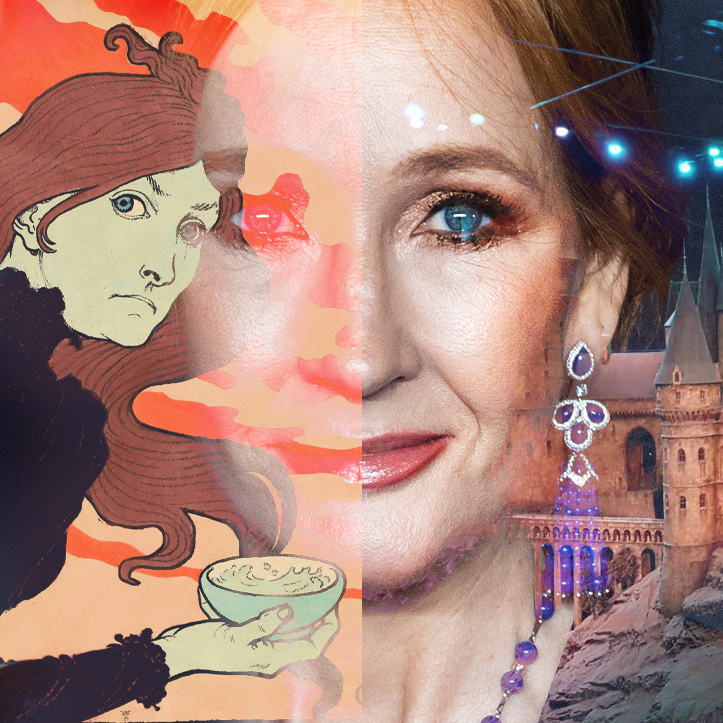For some, the 1,084,170 words J. K. Rowling published in seven Harry Potter novels between 1997 and 2007—the delight they brought to young and old readers, the sheer pop-culture-upending impact of the series—mattered less than the 21 words the author tweeted on a June day in 2020. Rowling was quoting, and commenting on, a phrase she’d read in an op-ed that had avoided using the word “women.” She posted: “‘People who menstruate.’ I’m sure there used to be a word for those people. Someone help me out. Wumben? Wimpund? Woomud?”
Although she followed immediately with clarifying tweets—“If sex isn’t real, there’s no same-sex attraction. If sex isn’t real, the lived reality of women globally is erased. I know and love trans people, but erasing the concept of sex removes the ability of many to meaningfully discuss their lives. It isn’t hate to speak the truth”—she was branded as transphobic, and summarily disowned even by some of her fans. Several actors associated with the Harry Potter films and plays were suddenly moved to speak out in support of trans rights, including Harry himself, Daniel Radcliffe, who “felt compelled to say something” while acknowledging that, O.K., Rowling was “unquestionably responsible” for his success.


